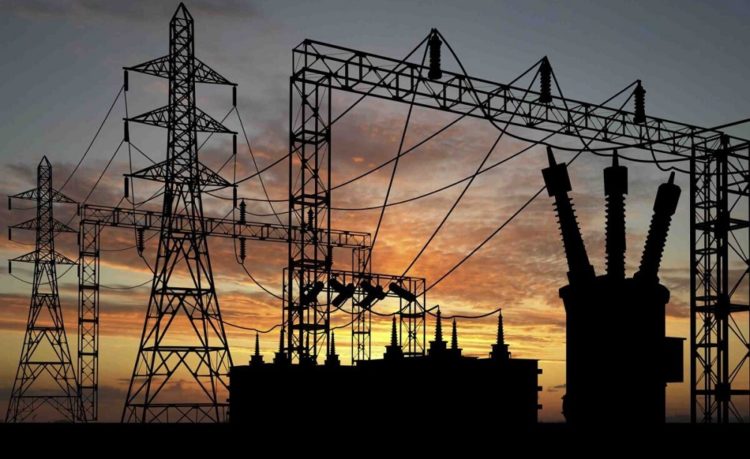Nigeria’s power transmission grid collapsed on Tuesday night, leading to the shutdown of the country’s electricity grid at 10:20pm last night.
Confirming the incident on Wednesday, the Federal Government said the collapse was due to a fire incident on the Escravos Lagos Pipeline System of the Nigerian Gas Processing and Transportation Company Limited.
Advertisement
A statement by the Federal Ministry of Power, Works and Housing reads: “Regrettably, after a sustained period of increasing production and distribution of power since September, the Nigerian Gas Processing and Transportation Company Ltd (NGPTC) has reported a fire incident on its Escravos Lagos Pipeline System on Tuesday, 2nd January, 2018.
“The incident requires a shutdown of the pipeline supplying gas to Egbin 1,320MW; Olorunsogo NIPP 676MW, Olorunsogo 338MW, Omotosho NIPP 450MW, Omotosho 338 MW and Paras 60MW power stations.
“The sudden loss of generation due to interruption in gas supply from these stations caused the national transmission grid to trip off around 20:20 on 2nd January 2018. The national transmission grid is owned and operated by the Transmission Company of Nigeria (TCN).
“Most of Nigeria’s power generation is from thermal power stations that require gas for fuel. The gas is produced by oil and gas companies overseen by the Ministry of Petroleum Resources.
Advertisement
“The gas is delivered to the power stations through pipelines owned and operated by Nigerian Gas Processing and Transportation Company Ltd (NGPTC), a subsidiary of Nigerian National Petroleum Company (NNPC).
“TCN and the generation companies are working to restore operation of the national grid.
“Once the national grid is restored output from the hydroelectric power stations and all other unaffected gas fired thermal power stations will be increased to the extent possible to minimize the impact of loss of generation from the affected power stations.
“We urge members of the public to bear with us as we work to overcome this set back which will be temporary.”
Most of Nigeria’s power generation is from thermal power stations that require gas operated by NGPTC, a subsidiary of the Nigerian National Petroleum Corporation, for fuel.



